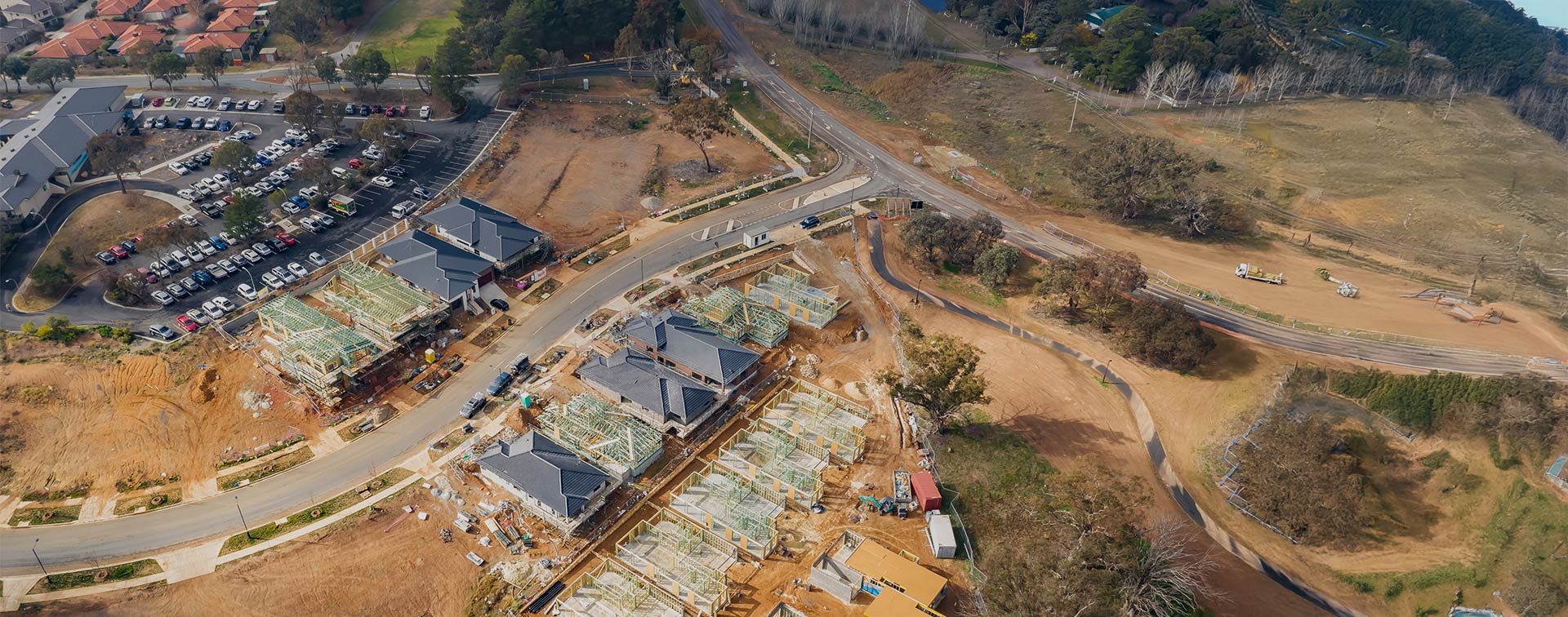But technological advances mean there are really no rational reasons why women should not be employed in the sector and see FSM as a career choice, a very promising one where they can succeed both in the field and at commanding heights.
The 14th Field Service Management Summit 2023 presented a golden opportunity for FSM leaders to participate in thought-provoking conversations, gain strategic insights, and build valuable networks, particularly for women.
The summit carried a unique theme of supporting and celebrating women in the field services industry, highlighting the transformative power of female leaders such as Annaliese Kloe, VP of Acquired Products in Oracle NetSuite, who are breaking gender barriers and driving change in FSM.
The lack of gender diversity in the FSM industry has meant a lack of diverse perspectives and untapped potential. Women’s empowerment and representation remain crucial for achieving not only gender balance, and promoting inclusive workplace cultures, but in finding super HR resources in a period of nearly full employment. And that’s the challenge for the sector: creating a new culture and driving change that opens up the industry to greater opportunities for women and the sector itself.
Cutting off half of the available workforce and their skills, ambition, and drive is self-defeating.
Gender-balanced teams bring creativity and innovative problem-solving, making them better equipped to tackle the challenges of a dynamic industry.
The lack of gender diversity in the industry has meant a lack of diverse perspectives.
Annaliese Kloe, from founding Next Technik and developing SuiteApps to selling her Field Service product to Oracle and becoming VP of Acquired Products, serves as an inspiring example of empowering women in FSM leadership.
Annaliese recognised early on the importance of attracting and building a diverse and inclusive workforce to the success of her FSM technology business. And that meant hiring capable and intelligent women who could quickly develop the technical skills and industry knowledge necessary to be successful in a predominantly male-dominated space.
And that strategy paid dividends: 47% of Next Technik’s staff and 50% of its leadership team were women. The company’s biggest success came when it was acquired by Oracle, making their product an official NetSuite module.
Next Technik’s achievements saw it grow from an Australian operation with under 15 staff to over 70 employees, serving customers globally. This is something to be celebrated in the tech world.
“My mother, Di Kloe, was one of the first women to take on an executive role in manufacturing in Australia, as co-founder of Headland Technology. She taught me that it’s never about gender, but about who is best to do it well.”
Annaliese Kloe
VP Acquired Products, Oracle
Annaliese Kloe, from founding Klugo, then Next Technik and developing SuiteApps to selling her Field Service product to Oracle and becoming VP of Acquired Products, serves as an inspiring example of empowering women in FSM leadership.
Annaliese recognised early on the importance of attracting and building a diverse and inclusive workforce to the success of her FSM technology business. And that meant hiring capable and intelligent women who could quickly develop the technical skills and industry knowledge necessary to be successful in a predominantly male-dominated space.
The FSM Summit 2023, with its spotlight on women in the industry, was an ideal platform to have conversations about how to address gender disparities and promote inclusivity in the industry.
The panel discussion: ‘Transforming the Workplace to Get More Women on the Job’ brougth together an impressive list of industry experts: Bonita Carroll (Research Fellow, University of Western Australia), Lisa McKiernan (Program Delivery Manager, Urban Utilities), Amanda Nuttall (Business Improvement Lead, Optus) and Janet Cribbes (Chief Executive Officer, Tradeswomen Australia).
This panel explored the challenges faced by women in FSM and strategies for creating a more inclusive and diverse workforce.
The conversation opened up to the audience, inviting attendees who had their say on the most pressing topics:
1.
2.
Tools to attract women (and men) to front-line roles.
3.
Rethinking scheduling tools to support women in their careers.
4.
Reflecting on removing bias in the hiring process, Annaliese says: “There is no room for bias in the hiring process if you want to build a successful company. And ensuring that women have a voice at the leadership level is essential. My experiences working in a previously male-dominated industry make it easier for me to relate to other women entering the industry and adapt our culture to support their success.”
“Empathetic leaders get more from their teams by focusing on solutions, not problems. Teams rally around leaders who show respect and care. While empathy can be innate, it is also a skill that can be developed and sought by recruiters.”
“A favourite part of my job has always been mentoring and coaching women who exhibited leadership talents. But you do not yet find a lot of women at the intersection of technology, manufacturing, and field services, so it is necessary during the recruiting process to seek out talented women who can bring different perspectives to the table.”
While the FSM Summit provided a catalyst for generating meaningful conversations, exchanging ideas, and exploring innovations, the effort to foster inclusion and support women in FSM must extend beyond this event. Companies must commit to continuous endeavours to break gender barriers and create an environment where women can thrive and excel.


